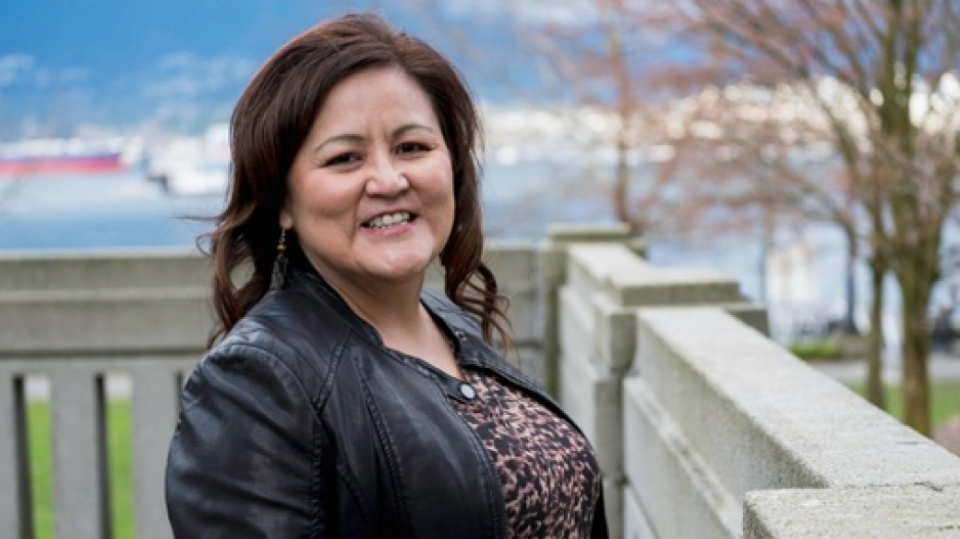The latest “science” on LNG from the David Suzuki Foundation offers a classic example of cherry-picking.
A simple definition of cherry-picking: “The act of pointing to individual cases or data that seem to confirm a particular position while ignoring a significant portion of related and similar cases or data that may contradict that position.”
That the Suzuki Foundation is calling for an end to LNG expansion is no surprise. They consistently run against the tide of public opinion on this issue, and also contrary to the support LNG has received from three successive B.C. governments.
In its most recent example of blatant cherry-picking, the Foundation quotes a 2018 U.S. study that cites methane emissions in Pennsylvania and extrapolates them to British Columbia. The problem is – there’s a big difference.
As B.C.’s Energy Regulator puts it: “B.C.’s geology provides a natural advantage over other areas of the world where hydraulic fracturing takes place closer to the surface, as natural gas in B.C. is found deep underground, in some cases over four kilometres, and beneath impermeable layers of rock.”
Comparing B.C.’s deep gas fields to the shallow gas fields in the U.S. is like comparing the Rocky Mountains to the Prairies, or the Great Lakes to Lost Lagoon.
Geology, like geography, can be very different. So, the Suzuki Foundation is not just cherry-picking; it is comparing apples and oranges.
As B.C. environmental scientist Blair King said of the Suzuki campaign: “If I compared handgun stats between Vancouver and Pittsburgh I'd be told the comparison was ridiculous, but comparing Pennsylvanian and B.C. gas seems totally okay to them.”
Furthermore, B.C. has stricter government regulations, has essentially eliminated flaring of natural gas, and has moved to electrify on-site equipment. All of these things significantly reduce fugitive emissions of methane
The Suzuki Foundation conveniently ignores a study published at Nature.com that refers to the Montney basin in the Peace River region, which will supply most of the natural gas destined for LNG export: “Montney B.C. and Peace River regions showed extremely low emission intensities, making natural gas produced here an attractive investment for companies with Environment, Social, and Governance (ESG) standards.”
It’s a shame that the David Suzuki Foundation continues with its myopic view of LNG.
If B.C. was to put a halt to LNG production, our natural gas would simply continue to flow to the United States, where much of it would be liquefied and exported as LNG — to many of B.C.’s potential overseas LNG customers — at a lower environmental standard, and at a profit to the U.S.
The gas from Canada and the U.S. could also go to planned Mexican LNG plants, whose LNG then would compete with B.C.’s LNG.
Not only would B.C. and First Nations around B.C. lose out on economic opportunity, such exports would increase emissions because our environmental standards are much higher than those in the United States or Mexico.
The Suzuki Foundation, then, is really earning its spurs with the Texas Chamber of Commerce, who just love LNG development on the Gulf Coast.
Moving forward in B.C. with the world’s cleanest LNG is strongly supported by our democratic allies in Japan and Korea. They are looking to natural gas to help with their energy transition from coal, while also shifting away from Russian natural gas.
LNG, then, is a key priority for our democratic allies to ensure their energy security.
These are serious topics. Let’s dispense with the cherry-picking. Let’s continue on our path of producing the world’s cleanest LNG, with unprecedented First Nations participation — and ownership in such LNG projects as Cedar LNG (Haisla Nation) and Ksi Lisims LNG (Nisga’a Nation).
And let’s continue generating the revenues and jobs that will strengthen communities and services right here in B.C.
We can do our part to help the global energy transition, and energy security, instead of pretending that stopping LNG will do anything to help.
Karen Ogen is CEO of the First Nations LNG Alliance, and is an elected councillor and former elected chief councillor of the Wet’suwet’en First Nation in B.C.




